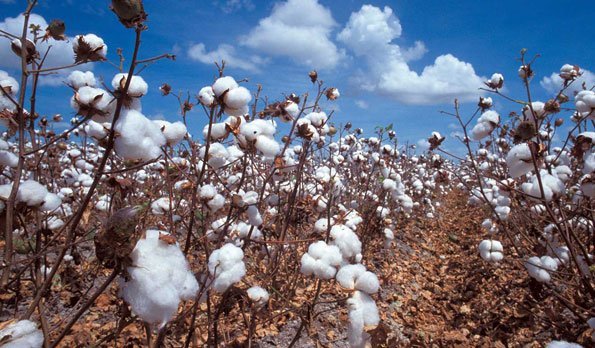Smallholder farmers in Butiama District, Mara Region, have called on the government to provide them with pesticides to protect this seasons’ cotton Crop which has all sign of doing well.
In separate interviews, some small scale growers from the district said that this year they have almost doubled cotton cultivation because of last seasons’s good prices.
Smallholder Mangula Wambura of Kwingutu Ward said: “This time I have decided to raise the number of acres put under cotton from five because of good prices.
Producer prices for cotton are now better than those of other crops like maize and cassava.
However, according to him, growers are currently facing a shortage of pesticides which they urgently need to protect the crop from pests.
Another smallhoulder farmer, Mr. Hamisi Nyabugongwe who has cultivated about 15 acres, expressed similar concers.
“We are at a loss, Shops don’t have enough pesticide stocks, We don’t know where the problem lies,” he wondered.
Another cotton grower, Mr. Sunuru Mkongwe, concurred with colleagues and requested the Tanzania Cotton Board (TCB) to act quickly to rescue the situation before their crop, which is currently doing well, is destroyed by pests.
Other farmers from Bitaraguru village, Bunda District, faltered the TCB for sending them only 50 bottles of pesticides.
“What is letting us down is TCB bureaucracy. Companies that order the pesticides have assured us of having enough stocks but have yet to a
However, when reached for comment regarding the hue and cry of cotton growers in Butiama and Bunda districts, TCB Director General, Mr. Marco Mtunga, refuted all allegations.
“Due to ladte rains, the cotton growing in some areas started late as well. In areas where the season began on time, pesticides were made available,” he explained.
This week trucks carrying pesticides will be sent to other areas in Mara, Smiyu, Shinyanga
“We have taught our agricultural extension officers on how to educate farmers on the proper spraying regime as a way of eliminating these destructive cotton pests.
The TCB boss has further revealed that to reduce and, if possible, to tottally eliminate cotton pests, they were using molasses bought from the Kilombero Sugar Plant as a trap.
“Efforts are now beign made by the goverment to ensure the availability of better seeds that will assist farmers to raise their productivity,” Mr. Matunga insisted.
Recently addressing Sokoine University of Agriculture (SUA) community, President John Pombe Magufuli insisted on the importance of doing reserch on the cotton crop to eliminate the need to wear second hand clothes.
Former Industry, Trade and Investment Minister, Charles Mwijage was once quoted as saying: “We are talking about the cotton industry, everyone knows the cotton sector…it is an important sector. Cotton is a crop that enables the production of clothes… it is a sector that is known as significant. Given attention, it will greatlly contribute to the industrial economy goal.”
Other literature reveals that while farmers who use cotton seeds harvest between 1,500 and 2,500 kg per acre, Tanzanians harvest 400 to 800 kg per acre.
Economic experts uphold that bt cotton farmers use a small amount of pesticides and then harvest four times more than Tanzanian cotton farmers, who spends a lot of money on the pesticides.
It should be noted that cotton prices in the world market are similar to bt cotton and Tanzanian cotton.
In that context, factories from cotton products in China, India, the United States, Pakistan, and Brazil receive enough raw materials to produce throughout the year, while farmers get a reliable market and gain more profit than Tanzanian farmers.

















Comments